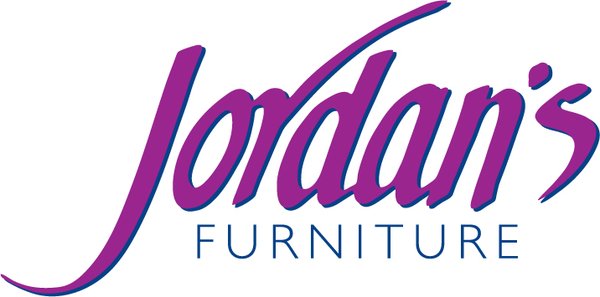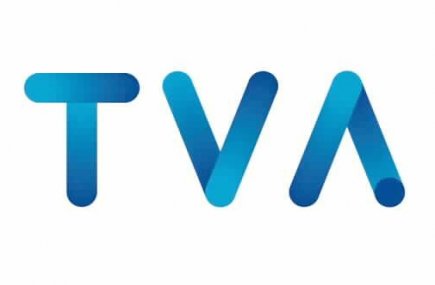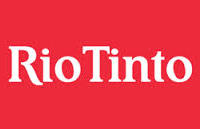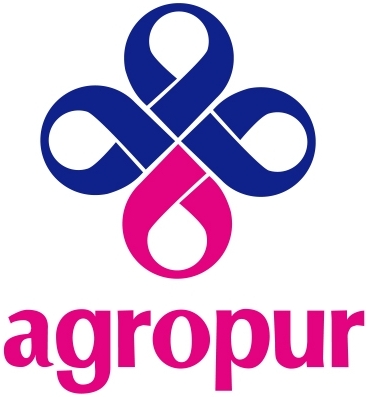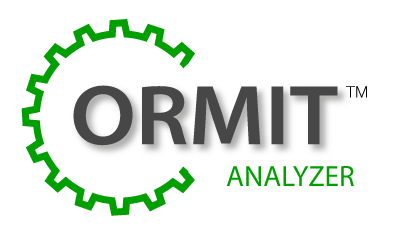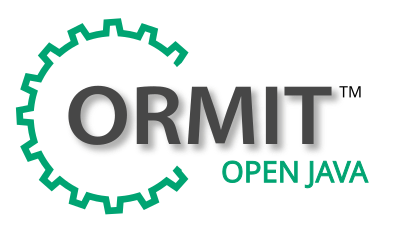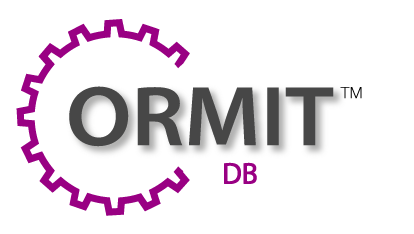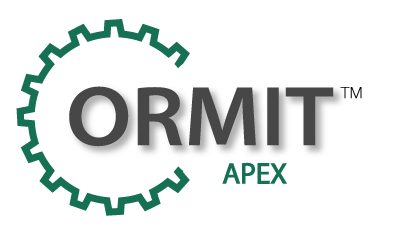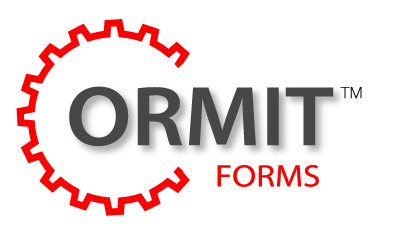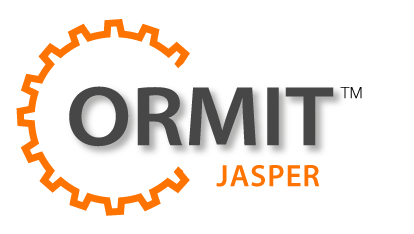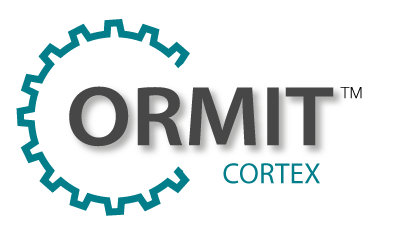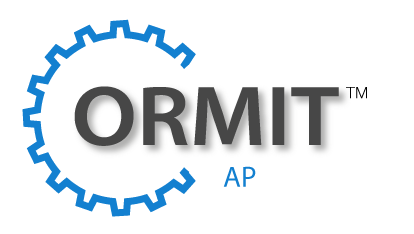Oracle Forms to Java Automated Migration
ORMIT™ - Java: Oracle
Forms to Java Automated Migration Tool
An automated Oracle Forms to Java tool. Ormit™-Java is powered by Re_Forms21

.png)
ORMIT™ - Java Makes Business Sense
At least 50% cheaper than a manual migration
MONEY
Automated migration will save you considerable time
TIME
ELIMINATE RISK
RISK
ORMIT™-JAVA makes sense
Gradual & Secure Migration
No Big Bang approach. Gradual and secure migration allowing you to switch back to Forms on the same database.
Same DB Structure & Business Logic
The same ease of development as Oracle Forms: an untouched database structure and business logic
A Proprietary Eclipse IDE Development Environment
Proprietary Development Environment based on Eclipse IDE
No End User Retraining
Same appearance, transaction handling, shortcuts etc.
Technical aspects of the solution
Powered by Re_Forms21, ORMIT™ Java is a migration to a modern three-layer architecture based on a Java platform

User interface layer - Vaadin and HTML5
User interface layer - Vaadin and HTML5

Application layer - Java Servlet as application controller
Application layer - Java Servlet as application controller

Database layer - Oracle database and PL/SQL stored procedure
Database layer - Oracle database and PL/SQL stored procedure
|
Set of Java libraries simulating the operation of Oracle Forms components A server capable of running a Java Servlet (e.g. WebLogic) Automatic migrator of Oracle Forms to Vaadin forms |
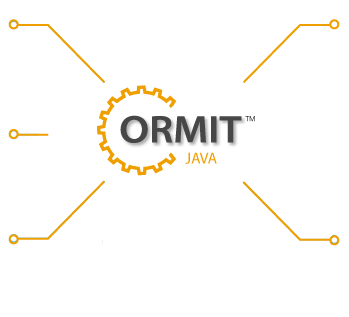 |
Business logic included in the triggers in forms is transferred with automatic support according to a pre-defined scheme Logic included in database's PL/SQL stored procedures remains unchanged |
Set of Java libraries simulating the operation of Oracle Forms components
A server capable of running a Java Servlet (e.g. WebLogic)
Automatic migrator of Oracle Forms to Vaadin forms
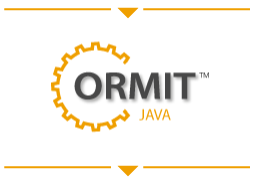
Business logic included in the triggers in forms is transferred with automatic support according to a pre-defined scheme
Logic included in database's PL/SQL stored procedures remains unchanged
New Java Web Architecture
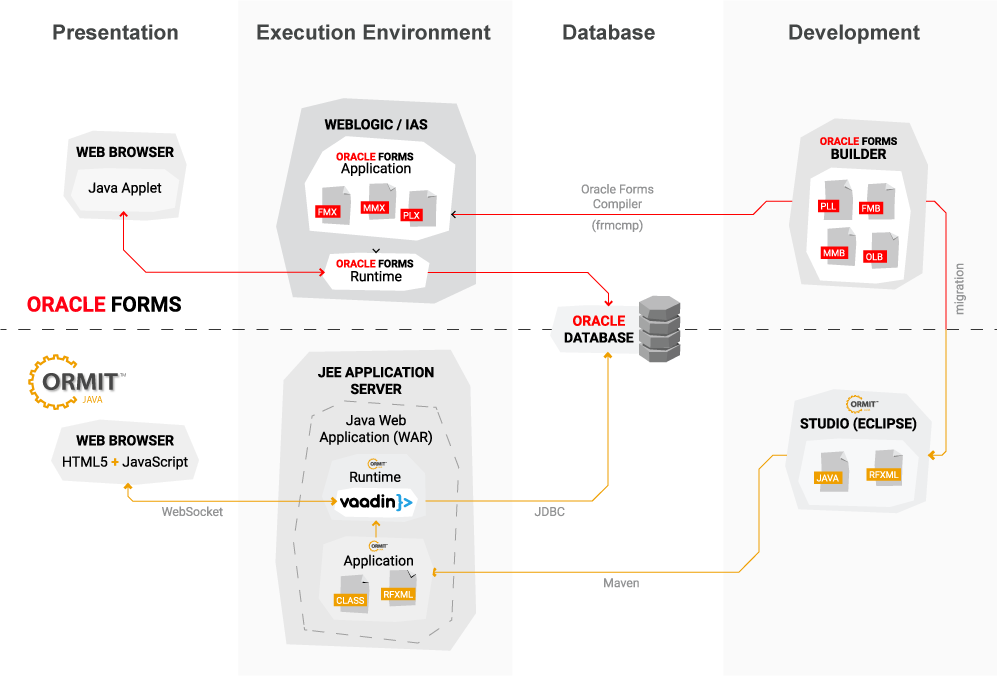
Why Migrate from Forms to Java?
Powered by Re_Forms21, ORMIT™ Java is a migration to a modern three-layer architecture based on a Java platform
Technology
Java technology is virtually ubiquitous within large organisations vs Forms
Manpower
The number of Java experts far outweigh that of Forms
Costs
To break away from Oracle licensing costs (application server) and contracts
Looking to migrate to open source React/Angular frameworks with ZERO proprietary libraries?
We got you covered. Look at our ORMIT™-OpenJava automated Oracle Forms to Open-Source React/Angular frameworks Javascript/REST migration solution
Code Compare before and after
PL/SQL |
Java |
|
|
Oracle Forms to Java Migration FAQ
ORMIT™-Java is a complete solution that allows automatic migration from Oracle Forms to modern three-layer web application. It consists of:
● A set of Java proprietary libraries imitating the operation of Oracle Forms components based on Vaadin Framework
● A set of tools for conversion of Oracle Forms code to Java and XML
● Proprietary Developer Toolkit (IDE)
ORMIT™-Java (Re_Forms21) automates between 90% and 95% of real work inputs. Considerable Testing and other manual steps are required for each project.
Automated conversion with ORMIT™-Java does not require much analysis, development work or IT expenditures. Automation leads to cost savings. The bulk of the work is in accompanying clients and testing the applications post migration. Migration will take approximately 25% of the time that rewriting would.
With migration, the functionality remains the same therefore significantly reducing the occurence of bugs that come with rewriiting. On average, opting for migration reduces the risk of errors by around 90%. Testing and Quality Assurance allow for direct comparison of the quality of the system before and after migration.
It can look exactly like the current Oracle Forms application or have a more modern and customized appearance using HTML5 and CSS. It can also be launched in the browser but without running the Java applet. The user interface will remain unchanged. The same user interface means business users don't need additional training.
The migration process is a secure phased process that allows you to switch back to Forms at any moment.
Yes it can with some development changes.
ORMIT™-Java is a complete solution that allows automatic migration from Oracle Forms to modern three-layer web application
The layer of the user interface - HTML5 and JavaScript (proprietary framework based on Vaadin)
Application layer - JEE Servlet (WAR) with proprietary libraries from Reforms21
Database layer - Oracle database and stored procedures PL / SQL
ORMIT™-Java applications can work with any modern application server capable of running Java Servlet API 3.1 (WAR files), eg Tomcat, JBoss, WildFly, WebLogic etc.
All of the business logic contained in Oracle Forms is converted to Java. The business logic contained in database (in stored procedures, functions and packages) remains unchanged. This approach makes it easy to have both Forms and Java version running in parallel during the gradual conversion process.
Forms to Java migration solution requires Oracle Forms knowledge and keeps intact all current business logic and code structures (and nomenclatures) to make sure that it will be easy for your developers to maintain the Java code once migrated.
Sure, as long as you use valid application server (it needs to support Servlet API 3.1). Tomcat will be installed in the Docker container and WAR file will be deployed to Tomcat.
ORMIT-Java natively supports Maven. You can translate Maven configuration to Gradle after the migration and CI/CD should work, however the support for Gradle in IDE may be limited.
Java 11 openJDK or any other open source Java Implementation
Ormit-java has no JDK distribution dependency, so OpenJDK, Azul, or other non-Oracle JDKs can be used, so there is no implicit Oracle Java licensing dependency which means that ormit-Java will never become dependent on oracle java licensing rules.
Oracle Forms to Java: Meet the complete Automated ORMIT™ Migration Suite
Why RENAPS ?
With more than 20 years of experience, RENAPS has positioned itself as a trusted partner of many high profile brands. Our unparalleled knowledge and experience with Oracle Products make us the ideal partner to help you migrate to Java on time and on budget

